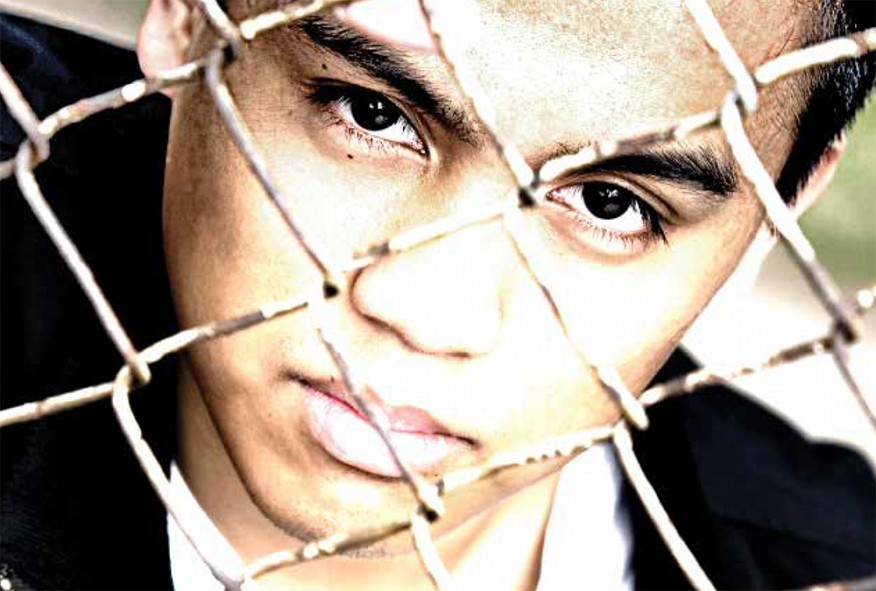Sex trafficking of children is underreported and poorly understood, according to presenters at the 2013 Fedele F. and Iris M. Fauri Memorial Conference on “Child Commercial Sexual Exploitation and Child Welfare.” The conference was held on October 18, 2013. All presenters stressed that there is an urgent need for a more coordinated approach to this form of child exploitation.
In the keynote address, Celia Williamson, PhD, of the University of Toledo, pointed out that trafficking is the second largest illegal enterprise in the world, involving an estimated 12.3 million victims. Most United States victims are domestic children, who are often treated as prostitutes rather than victimized minors, while those who purchase services go unprosecuted. Both law enforcement and existing child welfare systems fail to address the complex problems involved in developing prevention strategies and in helping victims to survive and thrive.
Rowena Fong, PhD, professor of social work at the University of Texas at Austin, encouraged co-operation among law enforcement, child welfare agencies, researchers and health and mental health agencies to develop effective state- and national-level responses based on best practices. The Director of the Human Trafficking Clinic at the University of Michigan Law School, Bridgette Carr, next discussed legal issues, noting that there is no common definition of “domestic trafficking” nor of “minor,” and that in Michigan the Department of Human Services does not define trafficked minors as sexual abuse victims.
Williamson and Fong then participated in a panel discussion chaired by Associate Professor Robert Ortega from the University of Michigan School of Social Work, agreeing that prevention and rehabilitation efforts should focus on developing healthy self-esteem and healthy homes for children and adolescents. A panel from Alternative for Girls, introduced by Professor Emerita Rosemary Sarri of the University of Michigan School of Social work followed, discussing this agency’s work in providing shelter, peer education and mentorship programs to homeless and at-risk young women.
A panel of local providers—including Director of Outreach and Education for Alternatives for Girls Deena Policicchio, Second Chance Program Director Mary Schmidbauer and Bethany Christian Services Program Manager Dana Anderson—next provided their perspectives. Anderson discussed her work with children who have been freed after law enforcement raids, noting that training in safety is critical for foster parents, teachers and therapists, since traffickers want their “product” back. Schmidbauer said that her agency provides victim-centered, trauma-informed services that utilize survivors as peer leaders. Policicchio described her agency’s work providing harm reduction outreach to sex workers on the street, noting that these workers often began as trafficked minors.
Trafficking is the second largest illegal enterprise in the world, involving an estimated 12.3 million victims. Most United States victims are domestic children.
The conference concluded with international perspectives on trafficking provided by University of Michigan School of Social Work Office of Global Activities Director Lawrence Root and Beyond Borders/ECPAT Canada Senior Legal Counsel Mark Erik Hecht, who also is legal advisor to the Children’s Aid Society. Hecht presented the international standards regarding trafficking and noted that the United States is currently negotiating its trafficking standards with the United Nations in order to become fully compliant with the trafficking provisions of the Convention on the Rights of the Child.
Written by Amanda Tillotson, MSW, a PhD candidate in Social Work and Political Science.
